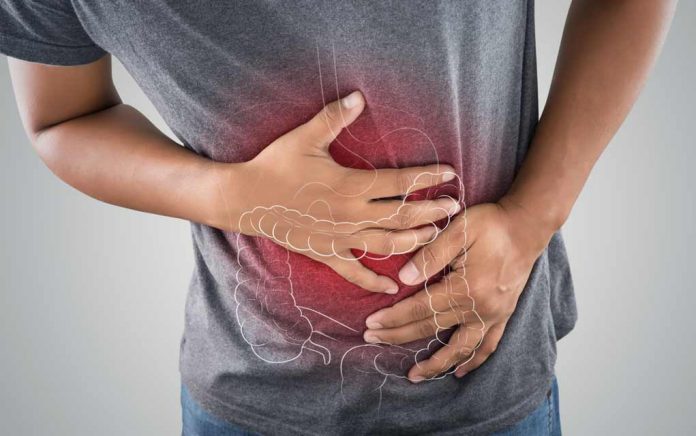
The human gut is chock-full of bacteria, but that is no reason to worry. A balance of good and bad organisms in the body is actually essential to maintaining good health.
As a whole, the staggering population of bacteria living in the human body are called the human microbiome. The results of a new animal study could provide insight into how what humans eat affects the microbiome, and ultimately their overall health, including combatting irritable bowel disease (IBD).
Irritable bowel disease is infamously difficult to manage, since it can be hard to nail down the cause of painful symptoms like cramping, constipation and diarrhea. A brand new animal study examined the guts of dogs who were in remission from a Crohn’s-like disease after being given a prescription diet. Researchers believe that what they learned from this study could inform human behavior, suggesting a dietary change for symptom relief.
Learn More About How Diet Could Improve Symptoms of IBD.
Researchers Connect Diet to a Healthy Gut in Dogs
A September study published in the journal Microbiome took a close look at how a dog’s wellbeing would be affected by being placed on a prescription diet. Canines are prone to gut problems that mirror the symptoms of Crohn’s disease and these symptoms are often managed with diet.
By placing the participants of the study on a specialty diet, Penn Vet’s Ryan Veterinary Hospital was able to study the microbiome of the dogs that enter remission, compared to those that did not. This was a look into how adjustments to diet could bring relief from the symptoms of chronic bowel disease.
Connecting the Dots Between IBD in Dogs and Humans
So, what does a study focused on canine health mean for humans with a chronic gut disease? A lot, actually. Interestingly enough, there are many similarities between humans and dogs, including the function of their gastrointestinal tract and microbiome.
Researchers believe that understanding the way diet affects the canine gut is the first step toward a better grasp on how adults with IBD should be eating. It is thought that making adjustments to diet could provide relief from difficult to manage and uncomfortable symptoms.
What We Know About Eating for IBD
Although this particular study was an animal study with potential human applications, there are a few things we already know about eating for relief from chronic bowel disease. For starters, it is a good idea to focus on bland foods during a flare to avoid further irritation or pain.
The addition of probiotic-rich foods to daily diet is also believed to improve IBD. Instead of a supplement, IBDRelief suggests the addition of foods containing probiotics (or live and active cultures), such as yogurt, kefir, sauerkraut and kombucha. These foods could aid in repopulating the microbiome with healthy bacteria and improve symptoms of chronic bowel disease.
If you believe you have Crohn’s, or another bowel disease, talk with your doctor about how a change in diet could bring you relief. Chronic disease can be so frustrating, but the ability to get relief from pain and discomfort is so important to improving your quality of life.
~Here’s to Your Healthy Ascension!
Copyright 2019, AscendHealthy.com













